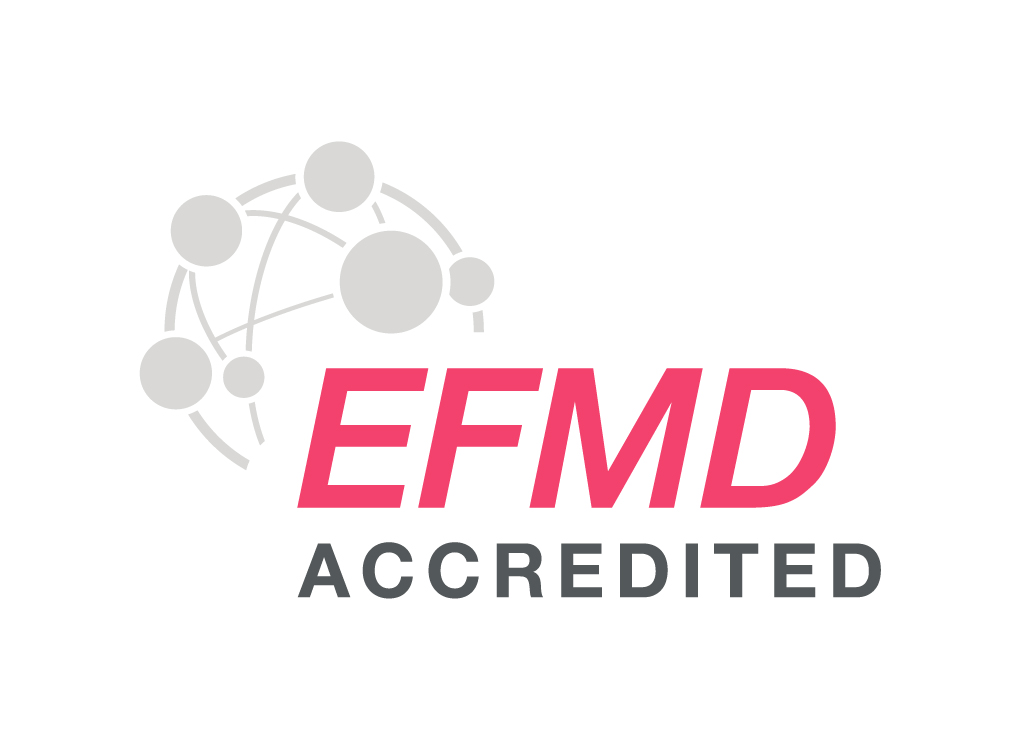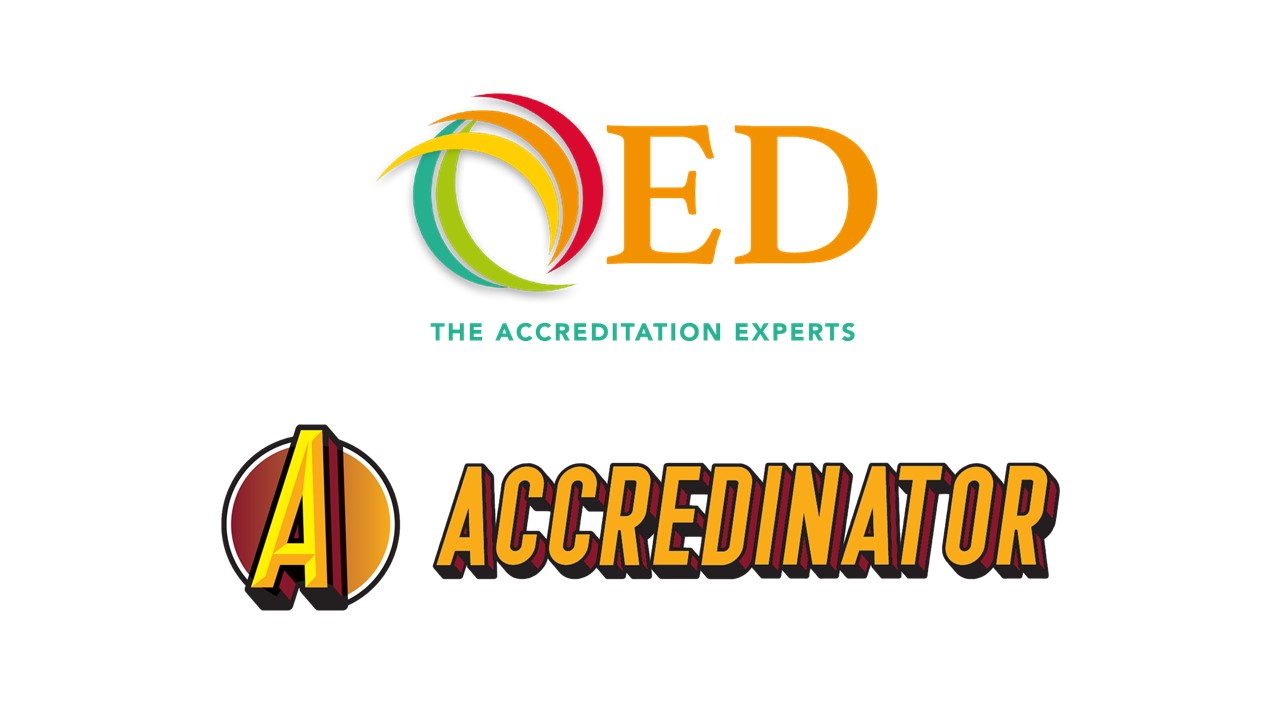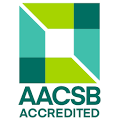Risk management and contingency planning continue to have a higher significance in the context of business school accreditation. More and more, the ability to identify key risk exposure and PRO-ACTIVELY mitigate those risks has become part of ‘best practice’ in any business – including the business of business schools. Over the last two-three years, the QED team has seen several ‘shades’ of risk management within business schools – from those institutions with significant risk registers and well-embedded processes for risk management – to those who focus only on financial risk management (and revenues) to one school that stated (quite confidently) that there were no significant risks at all – because they had the ability to teach online and thus could deal with any eventuality! (We did ask what might happen if there was a power cut or drop in internet provision…?).
We’ve previously summarised the accreditation body requirements for risk management and these are:
- AACSB (2020 Business Accreditation Standards – Standard 1.2) requires that each School “conducts formal risk analysis and has plans to mitigate identified major risks“. The concept of risk and risk mitigation is embedded in several key topic areas.
- EFMD ( EQUIS) also addresses the topic of risk and risk management in several standards and criteria. For example, standard 1g) sets out the requirement to “Describe the principal strategic risks that the School faces or may face in the future“. Within Standard 7, it asks for further detail on the risk management system, including expecting schools to describe “…how the School’s risk management is organised and how it is integrated into internal as well as external governance.” A risk register must be included within the Online Document Repository (ODR).
QED has compiled a simple help-sheet that may be helpful for those schools approaching this exercise for the first time. It provides a simple overview of risk management and an example of a risk management template. The document is available to download.
We hope the resouce is helpful. If you have any comments or questions, just questions, let us know. We’d be delighted to hear from you.









Recent Comments